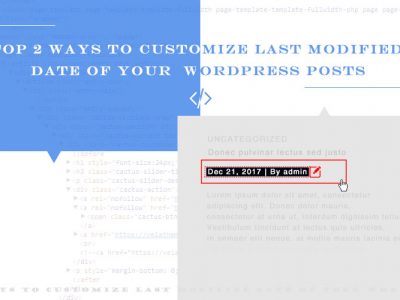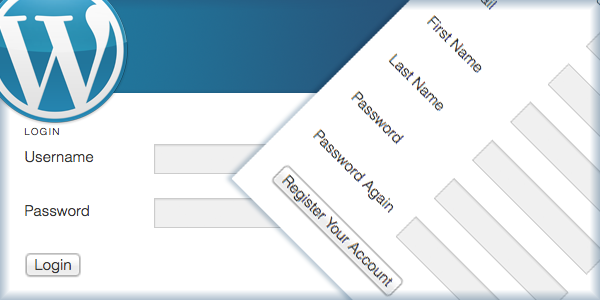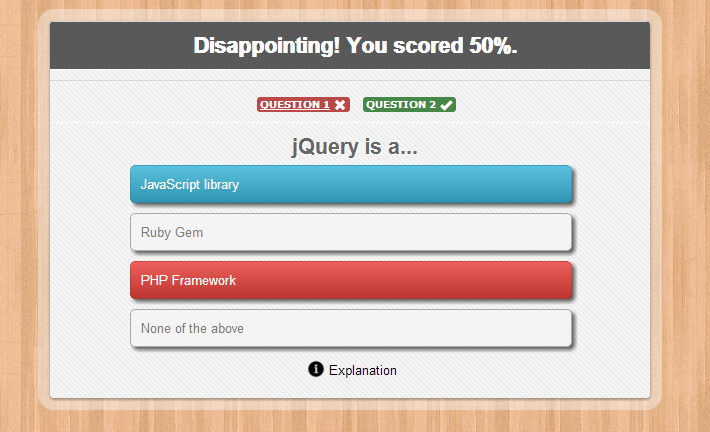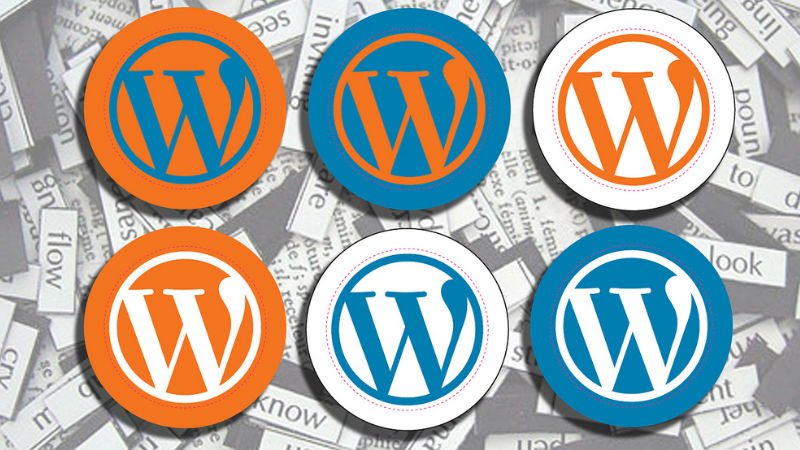Three Things Not To Do With Your WordPress Website
WordPress CMS is currently the world’s top blogging platform, besides setting up blogs, WordPress is also having an increasing amount of popularity with site building. With WordPress you can easily build a feature-rich, modern looking site. It also offers many features that can be well SEO-optimized for a website that is user-friendly and easy for maintenance. However if used improperly, the side effects are very obvious, the following gives analysis of how improper methods likely to result in a bloated wordpress website.
#1. The use of auto-save feature.
This is the one of the most common WordPress functions. This feature greatly helps if your server or computer is not stable, since it saves you a lot of trouble by damage controlling, but this tool easily brings a significant negative effect as autosave files must be manually deleted. With a long time past, it can generate a lot of junk files on the site, thereby reducing the access speed of the site.
To solve this, you can instead use WLW (Windows Live Write) wordpress automatic save feature. WLW technology automatically saves files, and then publish to the site of a key space, it automatically saves the file but it will not be uploaded to the web space, so these files would not be a burden to the website, therefore avoid the waste generated files.
#2. Abusing tags
Take caution using wordpress tags. When you are editing and writing WordPress content, you can add a variety of labels or tags, these tags can often help SEO of your post. However, if the tags are too many, not only they do not bring good SEO effectiveness, it will decline the overall quality of your content. One of the main things about SEO quality is that your keywords and tags must match the content of your post and its title. Too many tags is just bad setting. Usually 3 to 4 tags is most fitting.
#3. Be careful with the “recent article”
WordPress designed homepage usually has this “recent article” showcase. But beware, a ‘rencent article” in homepage could mean several repeated content or posts. This, as seen in Google’s eyes, may falls into the category of duplicated content, which would result in being punished.








